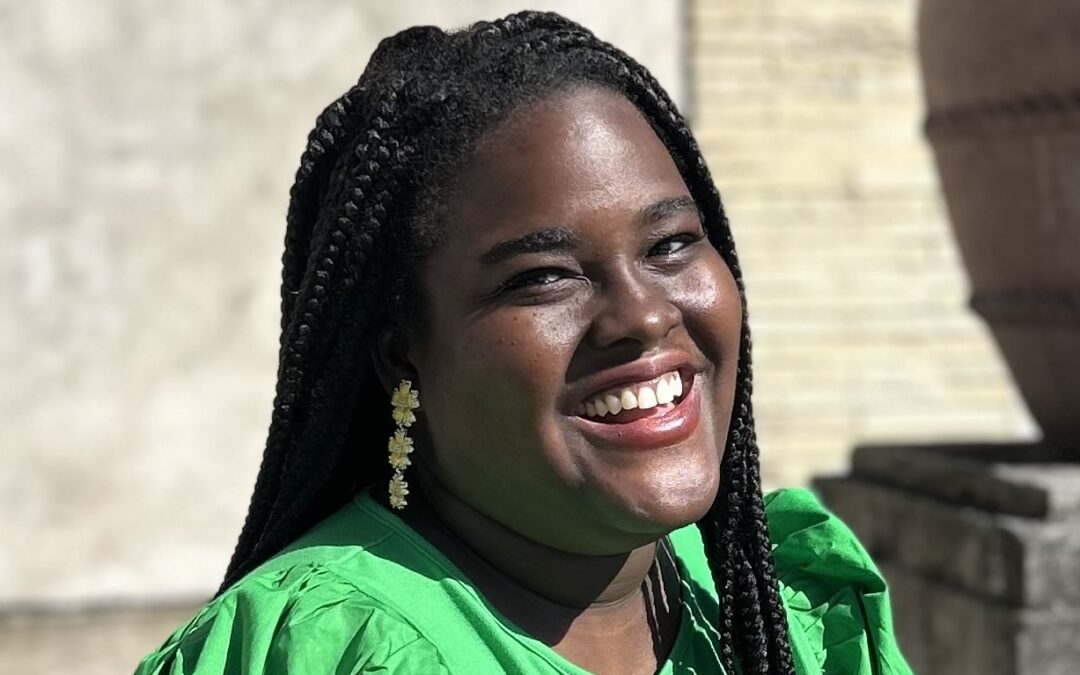
by Michele Kirichanskaya | Feb 12, 2025 | Blog
Kamilah Cole is a national bestselling, Dragon Award-nominated Jamaican-American author. She worked as a writer and entertainment editor at Bustle for four years, and her nonfiction has appeared in Marie Claire and Seventeen. A graduate of New York University, Kamilah...
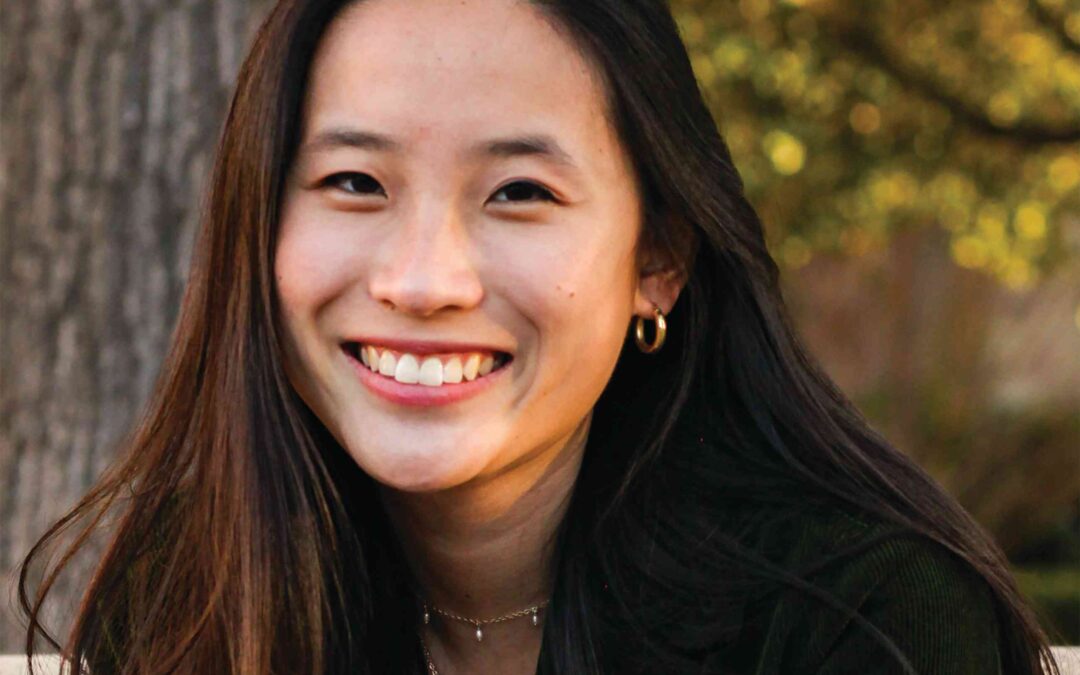
by Michele Kirichanskaya | Jan 25, 2025 | Blog
Christina Li is the author of the middle grade novels Clues to the Universe and Ruby Lost and Found, which won the Asian/Pacific American Award for Children’s Literature, as well as the forthcoming teen novel True Love and Other Impossible Odds. At any given...
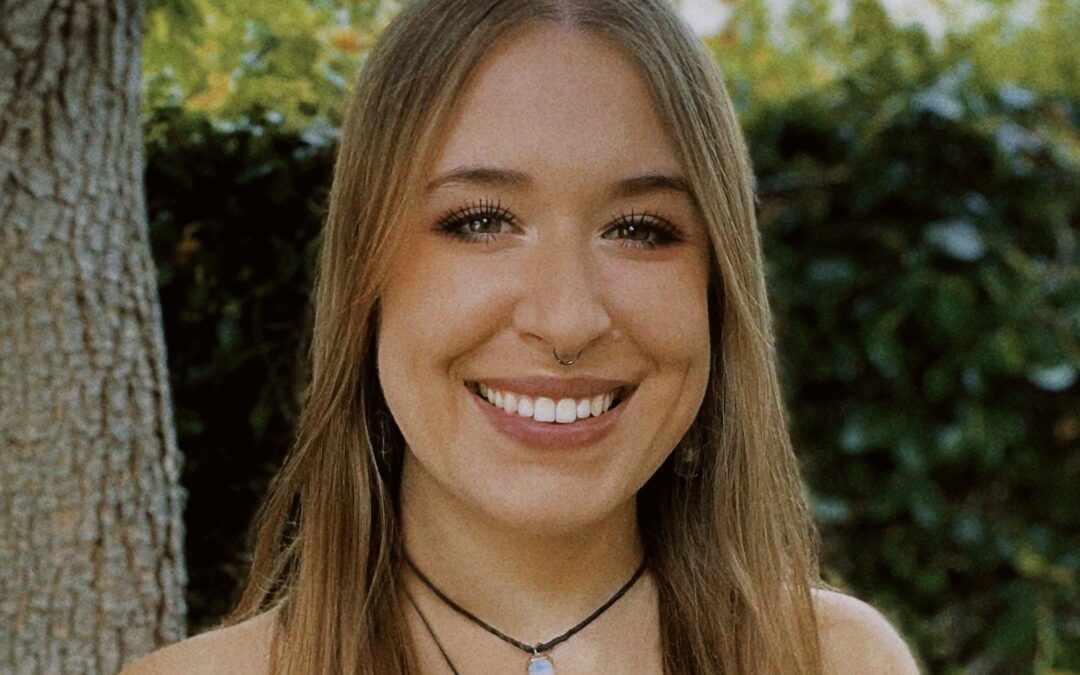
by Michele Kirichanskaya | Jan 1, 2025 | Blog
Racquel Marie grew up in Southern California where her passion for storytelling of all kinds was encouraged by her friends and big family. She received a BA in English with an emphasis in creative writing and a minor in gender and sexuality studies from the University...
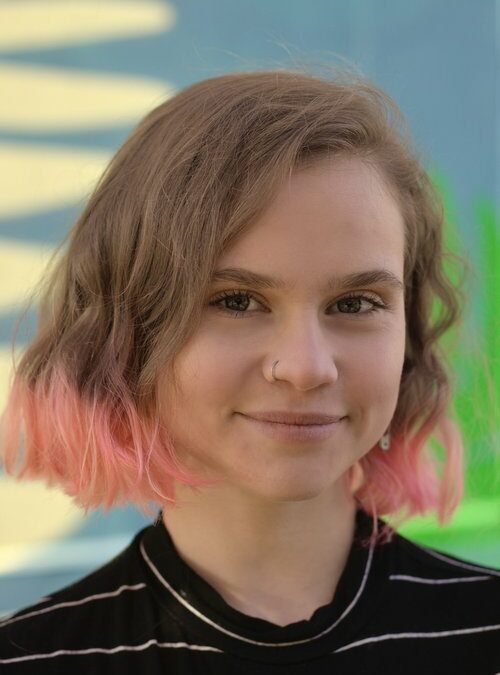
by Michele Kirichanskaya | Dec 18, 2024 | Blog
Sydney Langford (they/them) is a queer, Deaf-Hard of Hearing, and physically disabled author who resides in Portland, Oregon. Their biggest passion in life is creating stories that reflect the diverse world we live in—whether that be rom-coms about quirky, disabled...
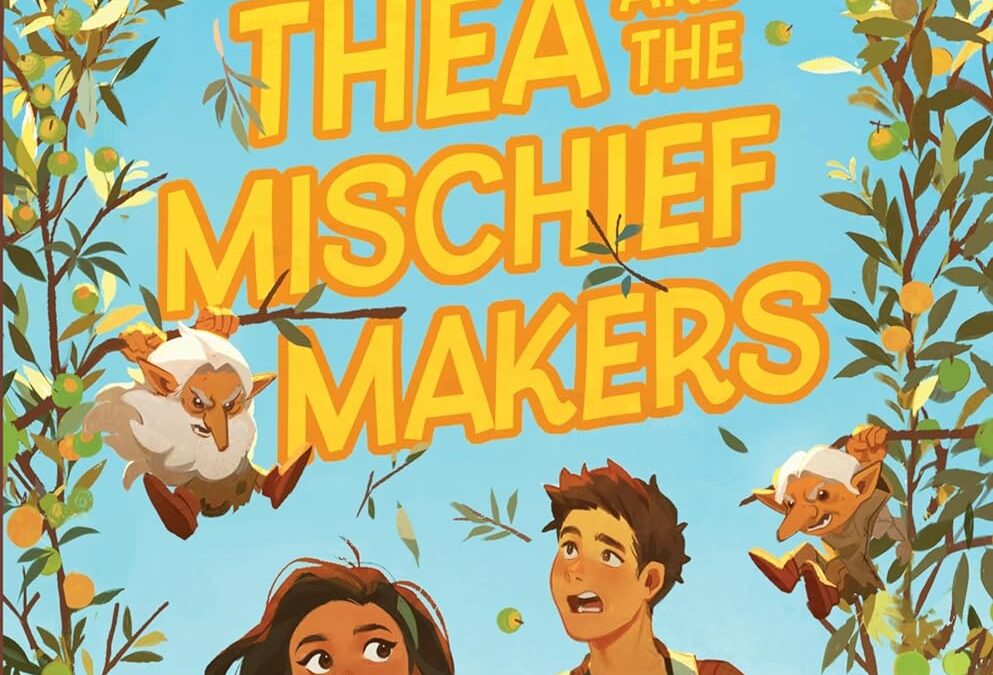
by Alexa Goodrich-Houska (she/they) | Nov 19, 2024 | Blog
In Thea and the Mischief Makers, Filipino American Thea Torres is finally living the dream—or at least, the middle school dream. She’s popular, athletic, and attending Junior Stunt Warrior Camp with her new, cool friends. The cherry on top? She’s known for her...






